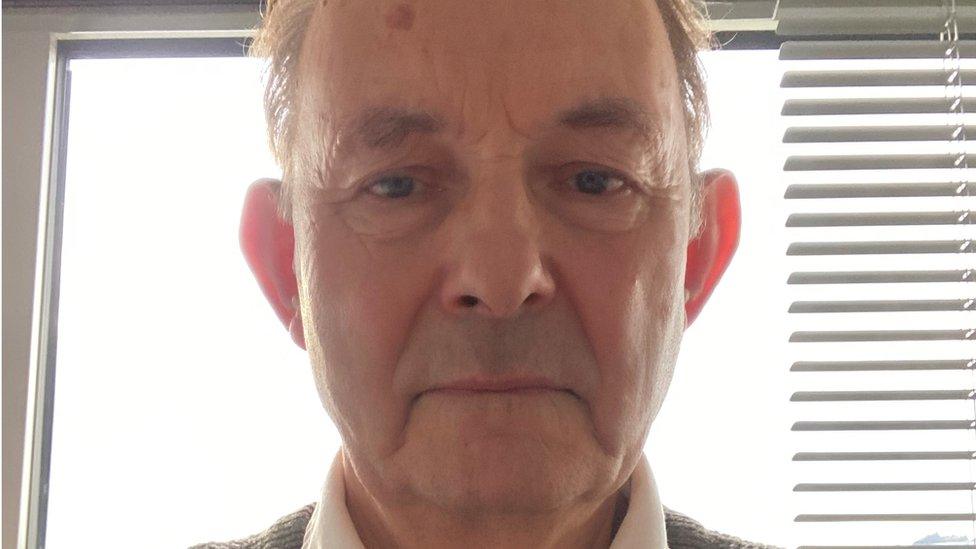Pembrokeshire: Fears people will leave Solva as only GP retires
- Published
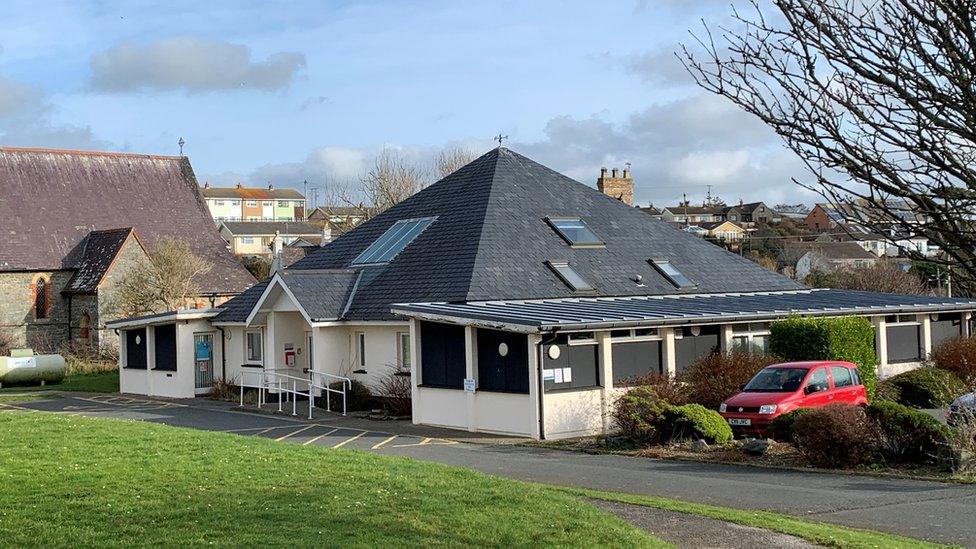
Solva Surgery has about 2,400 patients
People in a seaside village where the only GP will soon retire say they could face lengthy journeys to see a doctor unless the health board takes action.
The current GP in Solva, Pembrokeshire, is due to retire at the end of March.
Residents fear they could have to travel 13 miles (21km) or more on rural roads for alternative care.
The health board said patients' views are being collated and a decision on future provision will be made on 23 February.
A former consultant said rural GP surgeries are more expensive to run and has called for them to be subsidised.
Patients of Solva Surgery could face a journey to Haverfordwest, or further afield to Fishguard, to see a GP once it closes.
A closer alternative surgery in nearby St Davids has temporarily suspended new patient registrations.
A working group set up by Solva residents has proposed that the health board should support a managed practice in the village with continued GP provision.
Longer term, the group is calling for a health and social care hub to be set up at the surgery, which can help to cater for the village's ageing population.
The current surgery building is privately owned by the GP who is due to retire.
'A lot of people will leave'
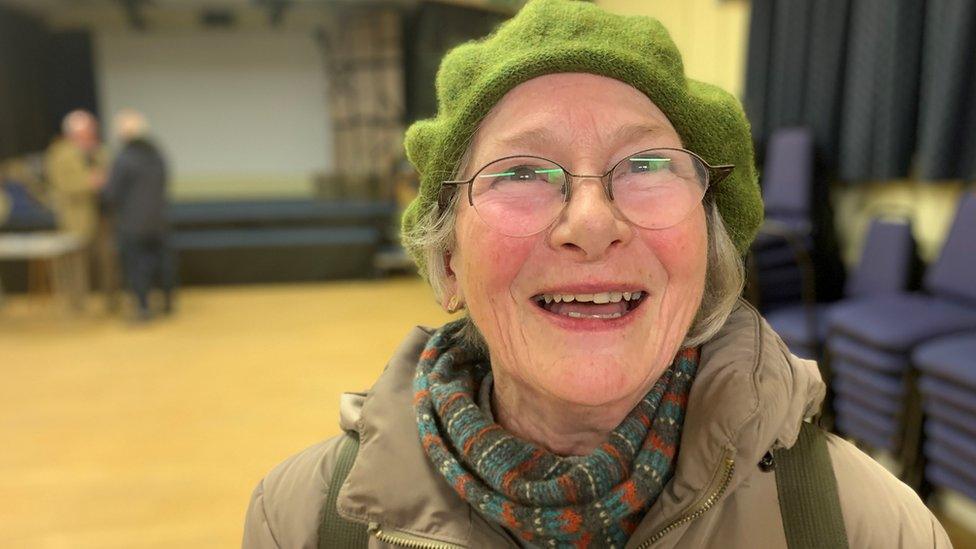
Maggie McKenzie, 73, moved to Solva because of the surgery
Maggie McKenzie, 73, who lives in Solva, said it is "incredibly important" that the village retains a GP service.
"I decided to buy here, in the last third of my life, because of the surgery. I thought, I can walk to it, I can get to it," she said.
"Our bus service is very minimal. It means they would have to be driven by somebody else, by a family member, or by our social care system Solva Care, which is run by volunteers.
"I'm really concerned about it. I actually think if we go to disperse all of the patients and lose our surgery, a lot of people will leave."
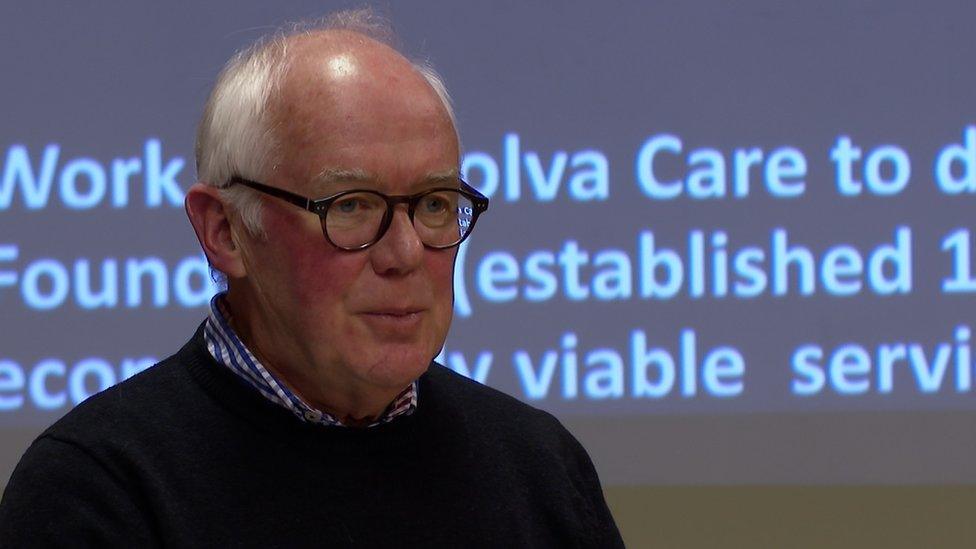
"We want to have social support and keep people out of hospital," says Dr Iain Robertson-Steel
Dr Iain Robertson-Steel, a former director of Withybush General Hospital who lives in Solva, is a member of the working group.
"We want to provide healthcare, which is a GP service, but we also want to look after the ageing elderly with dementia", he said.
"We want to have social support and keep people out of hospital. Our local model, Solva Care, is well recognised as achieving a significant reduction in hospital demand, good for everybody."
Paul Davies, the Conservative MS for Preseli Pembrokeshire, has described the community's proposals as "interesting and practical".
"It's absolutely imperative that the local health board work with the community to find a long term solution to this. We want to see the surgery staying in Solva," he said.
Hywel Dda University Health Board said there is "potential" to explore opportunities, "although this will be outside the contractual process".
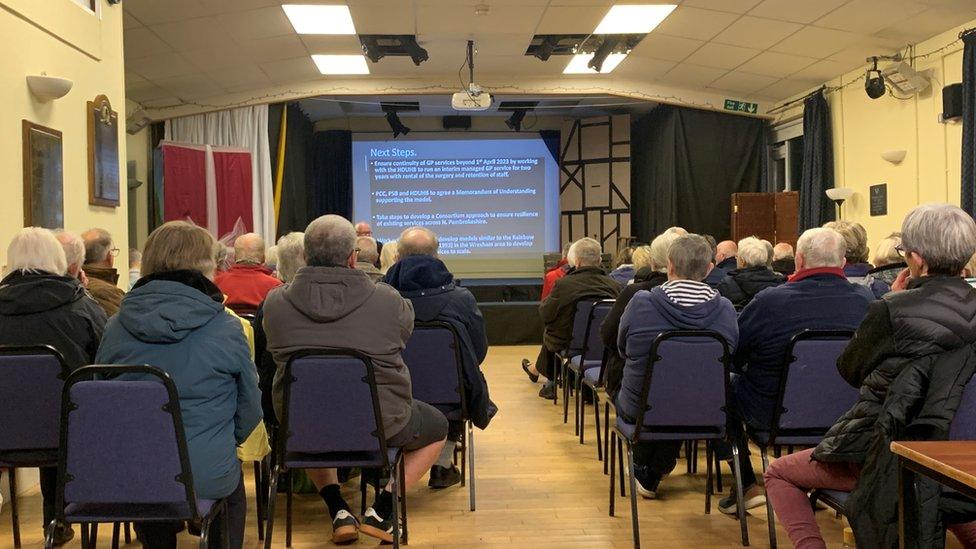
About 70 worried residents attended the most recent public meeting in Solva
Dr Robertson-Steel believes the Welsh government should recognise that rural services "are more expensive to run".
"If you're building a practice, the numbers you can attract are smaller. Capitation is an issue, that is the headcount fee you get for every patient," he said.
"What the Welsh government needs to do is adopt the Scottish model and say we will subsidise and provide support for rural practices. The Welsh government also need to train more Welsh medical students in Cardiff and Bangor, and retain them in Wales to work for a Welsh health service."
The Welsh government said rurality was taken into account in the "global sum of allocation of funding for GP services."
A spokesperson added that it was for the local health board to ensure "services meet the needs of the local population".It said NHS Wales was "offering more training places than ever before" with an extra £1.68m to support core GP training numbers.
Related topics
- Published8 January 2023
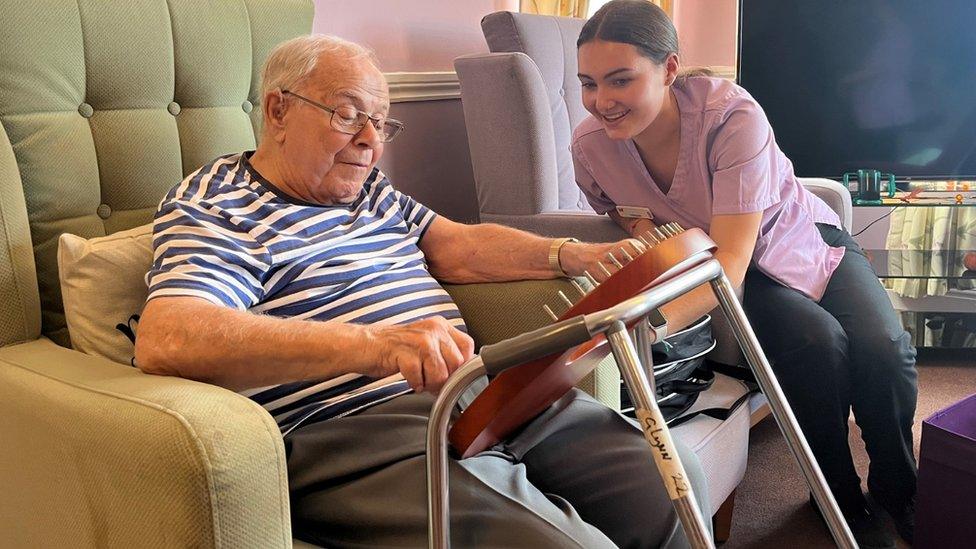
- Published20 January 2023
